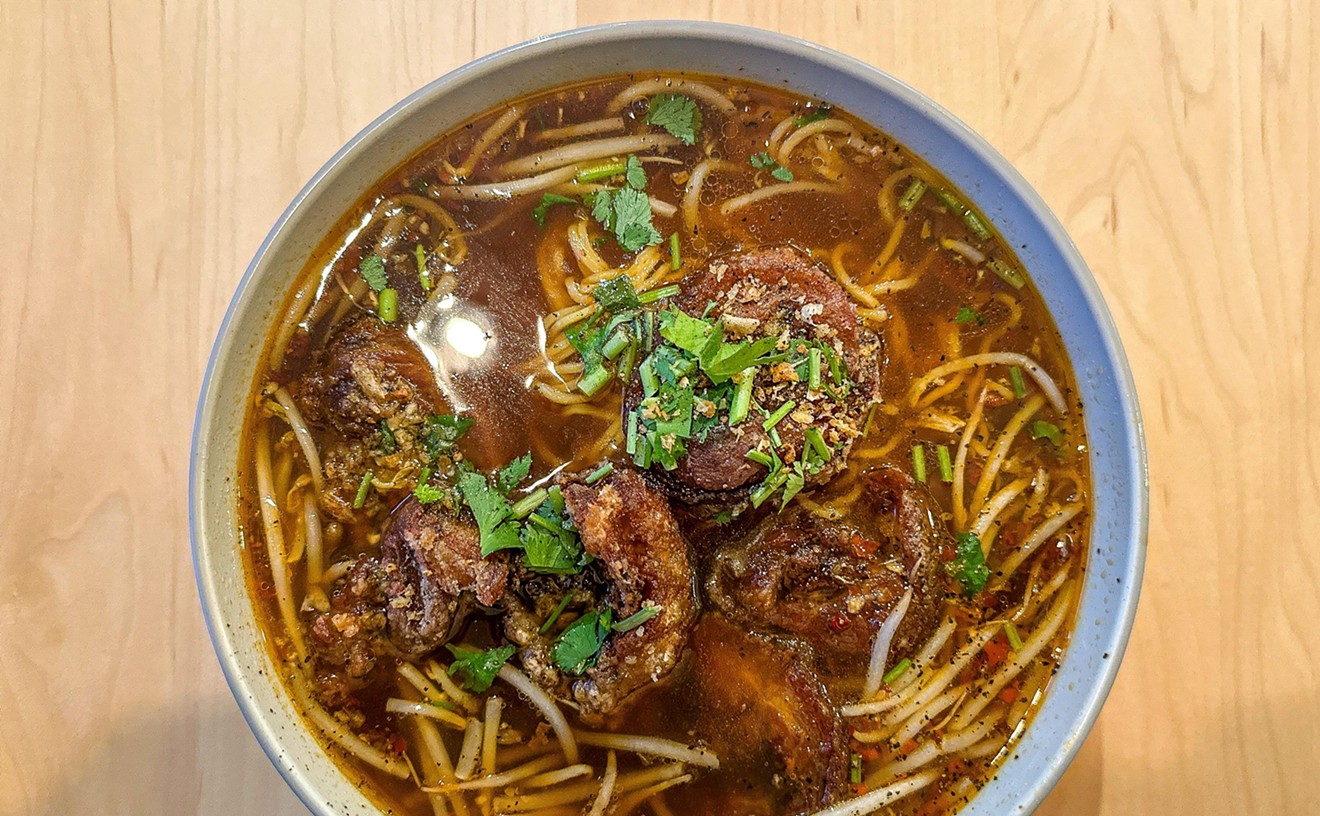It's football season, which means tailgaters are weekly firing up their cookers and churning out meaty pork ribs, tender beef briskets and an array of other smoke-kissed meats that seasonal allergy sufferers might want to avoid.
I spent five hours with an allergist yesterday, trying to understand just why Dallas has been wreaking havoc on my sinuses. Among other things, I learned I have a significant allergy to pecan pollen. So, I asked, is that why I couldn't breathe after I recently ate a lunch of pecan-smoked 'cue?
The doctor assured me that was mere coincidence and - considering my test results -- marveled at my ability to breathe at all.
I'm sure this allergist is a wise woman, and I plan to follow her advice about encasing my pillows in dust-resistant covers and steering clear of cockatiels. But I decided to research further whether folks with tree allergies should ask pitmasters which woods they're using. According to allergist Daniel More, the answer's clearly yes.
More co-authored a paper on the dangers of mesquite smoke in 2002, while serving as a physician at Lackland Air Force Base, where three patients sought his help for allergy symptoms after eating barbecue. The article's fairly technical, but the conclusion's clear:
"The transfer of allergens to foods cooked over mesquite wood might lead to symptoms in individuals sensitized to shared proteins in mesquite pollen, wood, and smoke," the researchers write. "Therefore, individuals with mesquite pollen allergy should consider avoidance of exposure to mesquite smoke and foods cooked over mesquite wood."
More hasn't yet returned my calls - his web site says he's considered one of the most influential asthma doctors in the U.S., so perhaps I wasn't the only allergy-plagued reporter seeking his counsel today - but he's summarized his findings in layman's terms over at About.com, where he's the allergy expert in residence.
"Mesquite, oak, cedar and hickory are types of wood used for barbecuing -- they are also trees that produce pollen that many people with seasonal allergies are allergic to," More writes. "It appears that the allergen in this type of pollen is also contained within the wood of the tree; these allergens survive combustion and remain in smoke once the wood is burned."
Gas and electricity are considered sacrilegious heat sources in barbecue circles: "If you want uniformity, go to a place that cooks with gas or electricity," barbecue scholar John Shelton Reed told the BBQ Jew blog last year. "You'll get uniformly mediocre barbecue." But for 'cue lovers prone to itchy eyes and runny noses, eschewing smoke might be a medical imperative.










